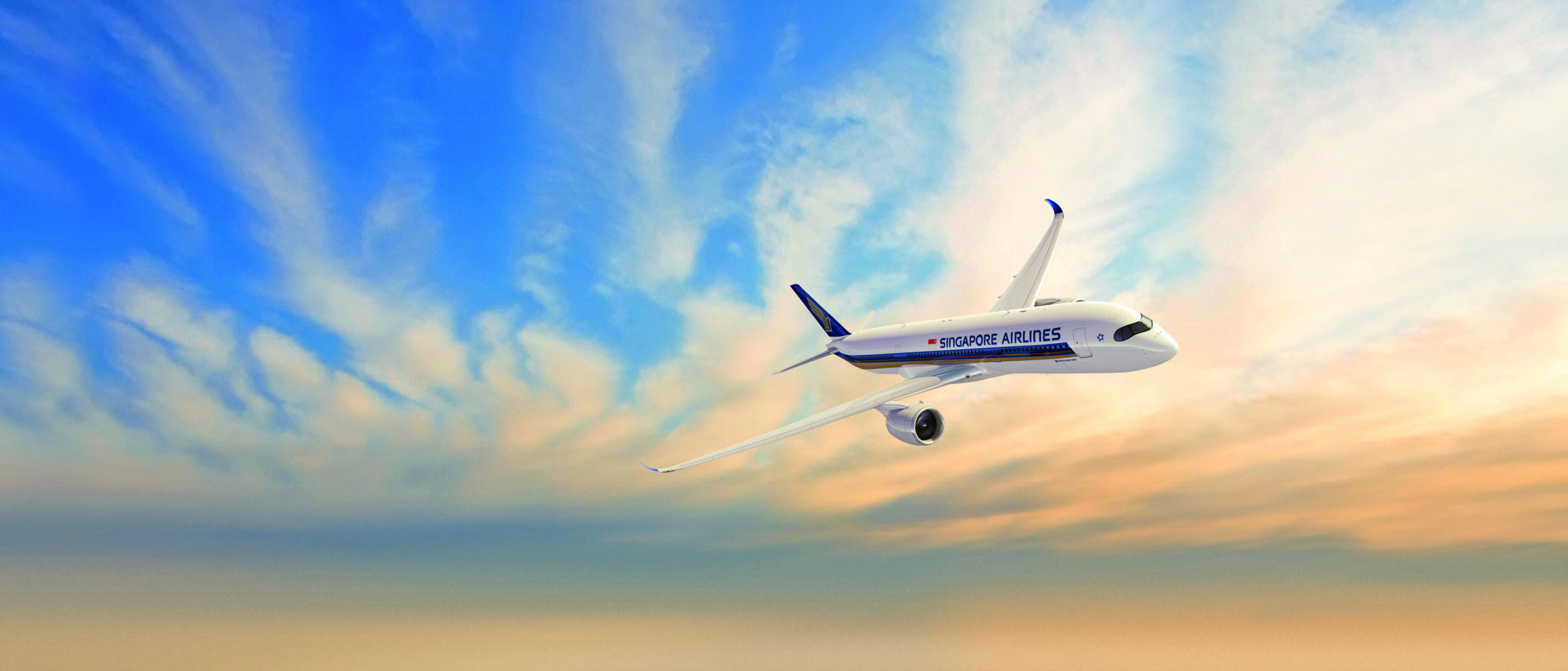India’s aviation sector is experiencing such rapid growth that the country could potentially accommodate at least one additional international hub apart from Mumbai and Delhi, stated Campbell Wilson, CEO, Air India Ltd.
Wilson made these remarks during an industry event in Gurugram, highlighting India’s unique market dynamics. He emphasised that India has the potential to establish three hubs and numerous point-to-point services. He noted that northern India exhibits a strong east to west travel flow, while southern India could facilitate travel between Asia and Africa or Australia and Europe.
Air India made headlines last year with one of the largest aircraft purchases in aviation history, ordering 470 planes from Airbus SE and Boeing Co. India’s burgeoning middle class and robust economic growth position it to become one of the world’s largest travel markets.
In addition to market leader IndiGo and emerging player Akasa, Indian carriers have collectively ordered over 1,100 aircraft. Moreover, investments totaling $12 billion are being directed toward constructing more than 72 new airports by 2025.
Air India has been receiving a new aircraft every six days over the past six months, a trend expected to continue for the next year. Wilson disclosed that the airline has recently acquired 11 new Boeing 777s, three Airbus A350s, and approximately 15 Boeing 737 Maxs. The retrofitting of existing widebody aircraft is slated for completion by 2025 or 2026.
Wilson highlighted the historical underservice of the Indian market by domestic carriers, citing comparisons with other aviation hubs like Singapore and Dubai. As part of the Tata Group’s strategy to revitalise Air India, low-cost carriers Air India Express and AIX Connect will merge into a single entity, while Air India and Vistara will undergo consolidation into another.
The Competition and Consumer Commission of Singapore recently approved the merger between Air India and Vistara, with Singapore Airlines Ltd. acquiring a 25.1% stake in the expanded entity. Wilson affirmed that the full-service carrier is progressing well, with all competition clearances obtained, enabling collaborative planning between the two entities.
Air India’s transformation initiative, including a rebranding campaign, has been underway for 18 months. Wilson emphasised that significant efforts have been made to address past issues and implement robust systems, processes, and personnel. The workforce rejuvenation has seen the recruitment of nearly 5,000 individuals, substantially reducing the average employee age from 54 to 35 years. Additionally, Wilson noted that Air India’s IT infrastructure underwent a complete overhaul under Tata Group’s ownership transition from the government.






